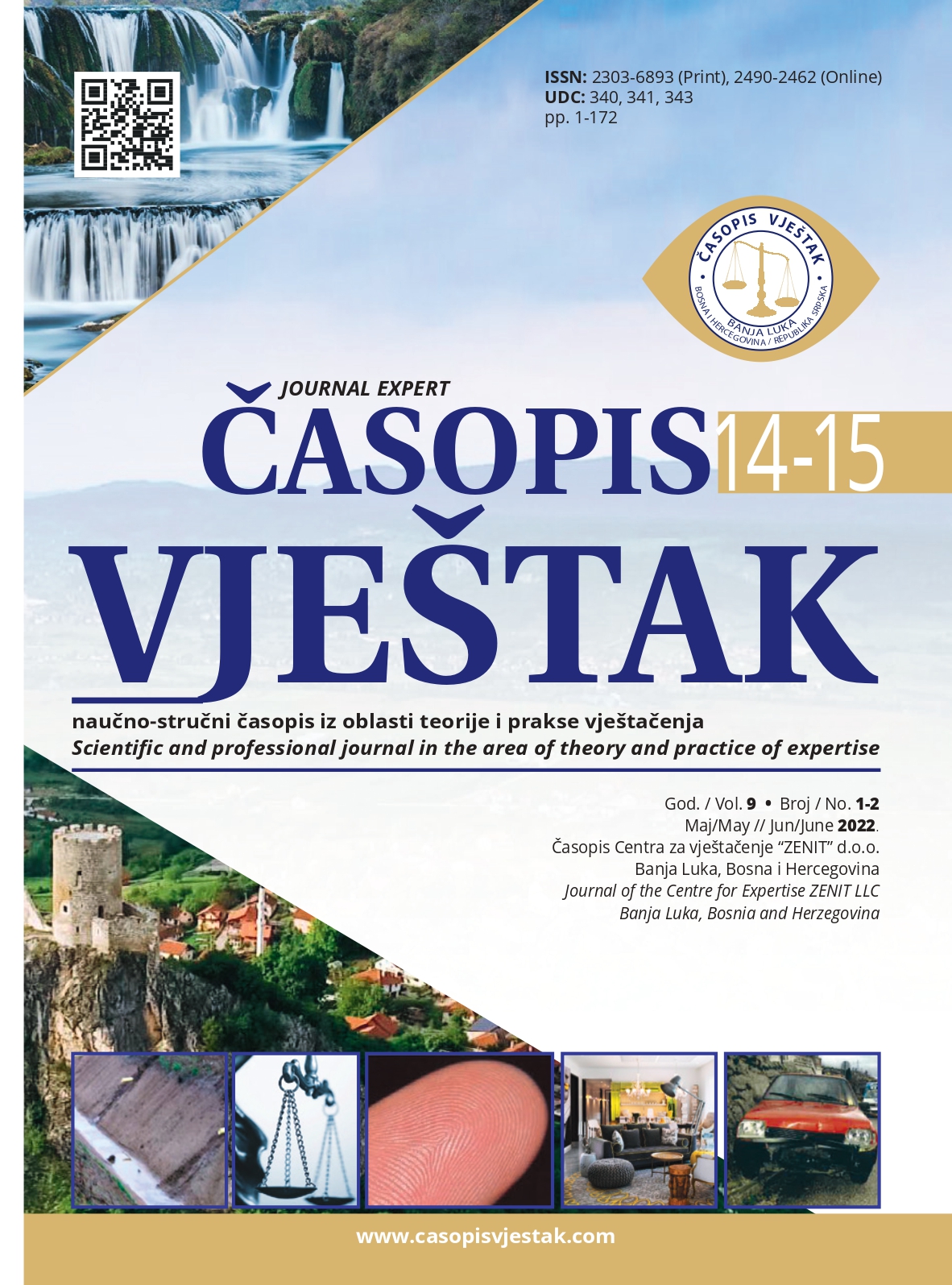Doctrinary and Management Aspect of the Role of Law and Economy in Generating of Economic Development of Small Open Economies
Abstract
Is it today (un)important what has fi rst emerged, science of law or science of economics? Whatever answer we
choose, we will not be wrong because science of law and science of economics are extremely connected both in a functional context and in the context of a doctrinal and methodological paradigm. As outstanding social sciences, law and
economy are indisputably an illustrative and very striking paradigm, a cognitive and research challenge for determining
of methodological and substantive similarities and diff erences with natural sciences.
As clear and recognizable diff erence between positive and normative dimension of science is in the natural sciences, so much
the determination of legal and economic science is more complex and ambiguous, and therefore more intriguing in respect of
research. As legal and economic science can hardly be “exempted from value”, that is from value courts, it follows that these are
normative sciences, which would imply a clearer and simpler management mechanisms for achievement of projected goals.
In the real circumstances, both legal and, above all, economic science fail to eff ectively and harmonize and synchronize,
in a necessary and eff ective way, doctrinal propositions and governing mechanisms, which is an initial research challenge
and part of the fi nal structure of this paper. The second part of the paper analyzes the connection, conditionality and
impact of market and institutional determinants and mechanisms on effi ciency, growth and economic development,
with particular reference to transitional economies and structural and functional specifi cities of Bosnia and Herzegovina.
